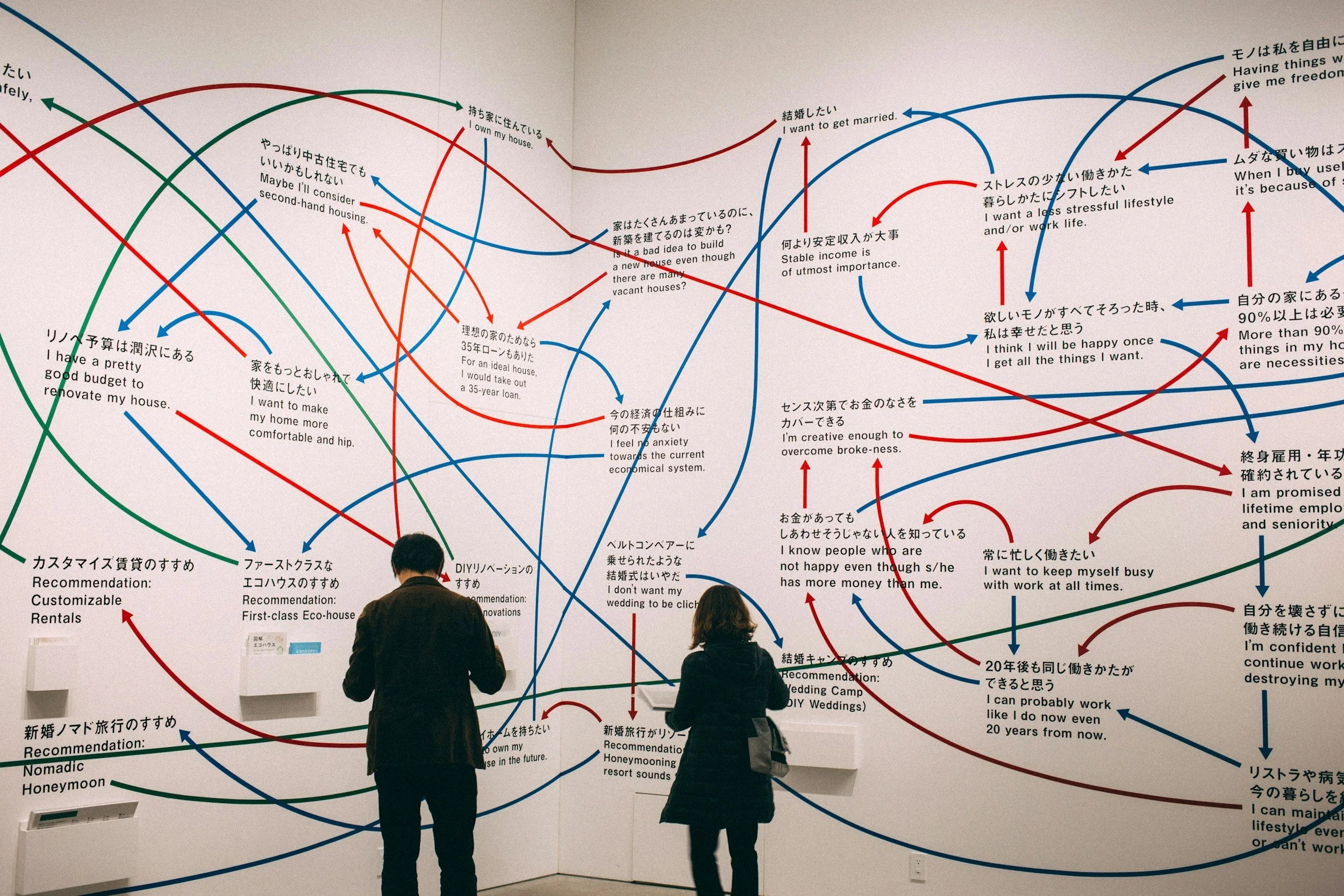Narrative Lectionary Key Verse for Today
“I hate, I despise your festivals, and I take no delight in your solemn assemblies. Take away from me the noise of your songs; I will not listen to the melody of your harps. But let justice roll down like waters, and righteousness like an ever-flowing stream.”
NL Daily Devotion for Sunday, November 9, 2025
by Rev. Dr. Miles Hopgood, Clergy Stuff
Main Idea: God is relentless in the call to justice, just as God never relents in showering us with grace and mercy when we fall short of this call.
One of the most frustrating moments for a parent is when your child throws a tantrum and the only thing that will do is not on hand. Whether it is for a particular brand of jelly or a pair of pants which are stuck in the wash, it can be maddening to try to negotiate with someone who will not compromise. Here, Amos presents us a God who is very much like a tantrum-throwing child, at least in terms of single-minded persistence. God demands that justice roll down like waters and will not settle for anything less than an everlasting flow of righteousness. “What about a nice Bach cantata?” we want to ask? “Or perhaps the praise band could play something to your liking?” “What if we gave more?” “Would you like us to be more solemn? Less?” “No, no, no, no,” God replies, doing a spot-on impression of Veruca Salt: “I want justice, and I want it now!”
How do we process these demands? The first thing we receive from these admonitions is clarity of focus. The establishment of justice in our communities, beginning with our own fellowship, should be a primary concern for our congregations. It is not an option for what a Christian fellowship could be concerned with, one possible ministry area among many. It is a necessary preoccupation for the whole Christian community. Where justice is not being established, our desire for God to be gracious is brought into question. Note carefully that Amos does not say that our work for justice occasions or earns the graciousness of God, only that where justice is not sought, the presence of grace of God are being actively rejected. To be precise, Amos’s complaint is not that the people are worshipping in a broken world as broken people. His complaint is that the people have tried to use their religious life as a substitute for justice, making worship a way to excuse their abuse of their neighbors and world.
When worship becomes a work we perform to appease God, it ceases to be worship. That the people have tried to use worship as a substitute for right relationships with their neighbors is especially odious to God, but the right remedy is not to make the work of justice into worship. Neither knows anything of repentance or grace, praise and forgiveness, all hallmarks of Christian worship. Worship is God’s gift to us, not our gift to God. It is how God convicts us of our sin, calls us to repentance, showers us with grace, and strengthens us for the life we are called to live, knowing we’ll be back here again next week needing the same treatment all over again. When we are not out in the world, alive for the sake of our neighbor, the gifts God gives us in worship are being bottled up and do not flow as they ought.
Here the language of justice and righteousness flowing are instructive. They need a source, and that is what God has done for us in Christ, given freely as an unmerited gift. We receive the grace of God primarily (though not exclusively) through word and sacrament in worship, from which the whole of our lives flow. Here God is also persistent and unyielding in pursuing what God desires. For God’s desire for justice flows from the font of grace and mercy which is the heart of God’s love for us.





